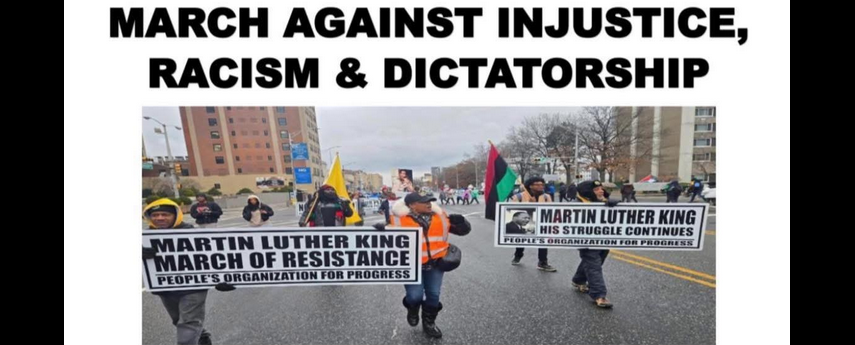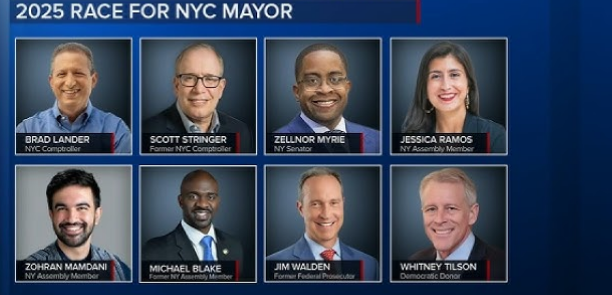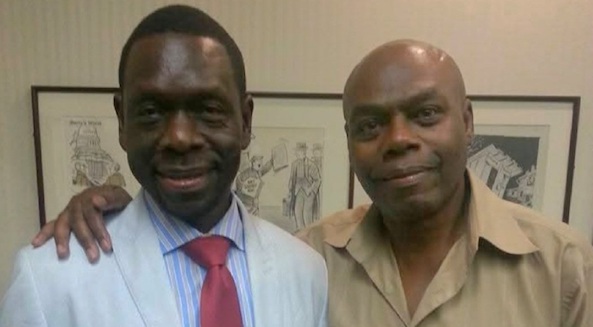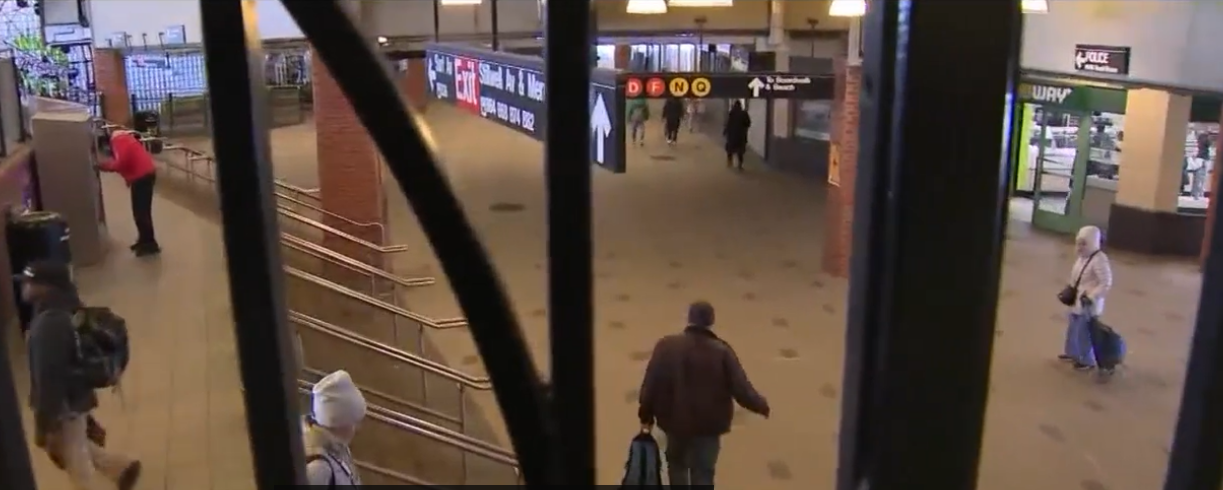[Election Protection]
James: “While voting in New York is safe and secure, I urge anyone who encounters barriers or issues to contact my office immediately. The guidance we are issuing outlines basic protections for voters and serves as a warning that will we not allow anyone to hamper people’s access to voting, period.”
Photo:
Attorney General Letitia James issued guidance to Board of Election offices and law enforcement entities throughout the state to protect New Yorkers from voter intimidation on, and before, Election Day.
“All New Yorkers must be able to exercise their fundamental right to vote without coercion or intimidation,” said Attorney General James. “While voting in New York is safe and secure, I urge anyone who encounters barriers or issues to contact my office immediately. The guidance we are issuing outlines basic protections for voters and serves as a warning that will we not allow anyone to hamper people’s access to voting, period.”
Under state and federal law, it is illegal for anyone to intimidate, threaten, or coerce voters with the purpose of interfering with their right to vote. In the guidance, the Office of the Attorney General (OAG) highlights the following types of conduct as potentially constituting unlawful voter intimidation:
- Individuals or groups patrolling outside of polling places and trying to scare people out of the voting line;
- Poll watchers inside a polling place aggressively challenging large groups of voters, leading to long lines, and creating false fears that voters may be illegally voting;
- Poll watchers standing in the vicinity of privacy booths, standing in unauthorized areas, videotaping and/or photographing voters within the polling place, following or harassing voters in the polling place;
- Individuals spreading false rumors or making false statements that there are negative consequences to voting; or
- Individuals or groups displaying weapons or foreign military uniforms or other military paraphernalia outside of polling locations.
Behavior that has been found to constitute voter intimidation under federal law in the past includes:
- Threats of violence;
- Following voters to poll sites and speaking loudly about prosecuting them for illegal voting;
- Civilians dressing as law enforcement officers and harassing voters at poll sites;
- Economic coercion, such as threatening to boycott in response to an individual exercising their right to vote;
- Threatening to evict someone for exercising their right to vote;
- Patterns of baseless arrests and prosecutions in the vicinity of voter registration meetings; and
- Publicly disseminating individuals’ names and addresses, or “doxing,” in an effort to vilify those individuals.
The guidance also clarifies that the following actions are prohibited under New York state law:
- State and local employees interfering with or affecting the election;
- A member of the United States armed forces preventing, or attempting to prevent, a voter from fully exercising their voting rights through force, threat, intimidation, or advice;
- Groups of people organizing as private militias without permission from the state;
- Open carry of handguns, or the possession of machine guns and loaded or unloaded assault weapons, as well as the use of firearms or other dangerous instruments to intimidate or harass;
- Invading the privacy of a voting booth used by a voter; and
- Requiring an individual to show photo ID in order to vote.
Additionally, the guidance emphasizes that media and press are allowed to film or take pictures of individuals in the polling place if they have written authorization from BOE.
If you observe any prohibited conduct, please immediately contact the OAG’s Election Protection Hotline by calling 1-800-771-7755 or emailing election.hotline@ag.ny.gov. Any incidents involving potentially dangerous conduct should be reported to local law enforcement immediately.
The office will receive and respond to election complaints relating to any of the statutes that the office enforces. The Attorney General’s Election Day Hotline and voter protection efforts are being coordinated by Assistant Attorneys General Conor Duffy, Nancy Trasande, and Lindsay McKenzie of the Civil Rights Bureau and led by Bureau Chief Jessica Clarke. The Civil Rights Bureau is part of the Division for Social Justice, led by Chief Deputy Attorney General Meghan Faux, and under the oversight of First Deputy Attorney General Jennifer Levy.








